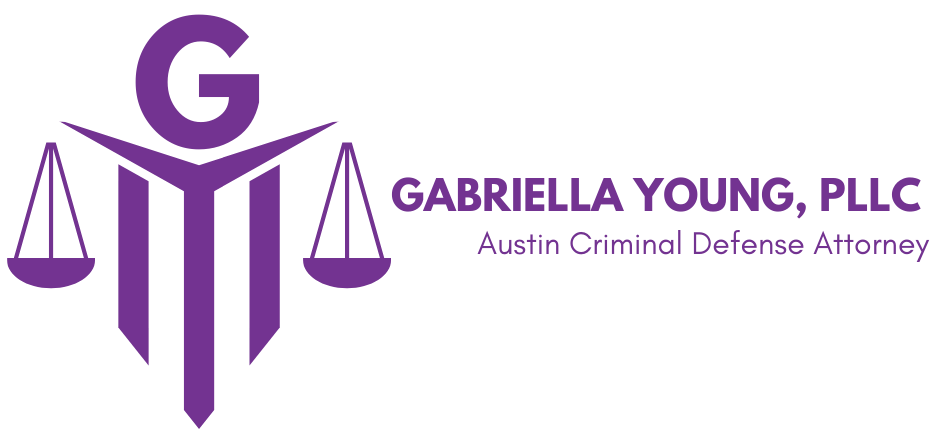 Not long ago, a driver was pulled over for failing to use a turn signal. When he was pulled over, he learned from the officer that his driver’s license had actually been suspended due to failure to pay surcharges on traffic tickets that he had already paid. The driver, visibly shocked, took out his phone and paid the surcharges right at that moment. He then thought that he would get his driver’s license back, but that turned out to not be the case. One week later, he received yet another six-month suspension for driving on a suspended license.
Not long ago, a driver was pulled over for failing to use a turn signal. When he was pulled over, he learned from the officer that his driver’s license had actually been suspended due to failure to pay surcharges on traffic tickets that he had already paid. The driver, visibly shocked, took out his phone and paid the surcharges right at that moment. He then thought that he would get his driver’s license back, but that turned out to not be the case. One week later, he received yet another six-month suspension for driving on a suspended license.
Not long after, he discovered the state of Texas’s Driver Responsibility Program, which is designed to assess surcharges on various types of traffic offenses, such as driving without a valid license or insurance. This is included with the original penalty that the driver incurs. Initially launched in 2003 and operated by the Texas Department of Public Safety, the surcharges can range from $100 for accumulating traffic tickets to $2,000 per year for driving drunk. Those who fail to pay will run the risk of getting their driver’s license suspended.
Many critics have been calling for this program to be ended on the grounds that it traps drivers who are working-class and poor in cycles involving both suspended licenses and missed payments. These same critics state that while these individuals will be able to make payments on their surcharges; however, if you miss one payment, your driver’s license will be suspended. If you forget a payment and you get pulled over and get a conviction, your license will then be suspended for one year, and you will also incur another three years of surcharges as well.
There aren’t a lot of people who disagree with the view of the critics; however, since this program brings in millions of dollars every year, it’s become increasingly hard to get rid of, especially since the funds obtained from it goes to help areas such as local trauma centers. It also helps to encourage safe driving as well.
Rather than ending the program outright, work is now being done to introduce legislation that would help make the program itself much less harsh while, at the same time, ensuring that no revenue is lost. One way to assist with this would be to implement lower fee amounts with the assumption that compliance would rise. Another possibility includes switching to one-year surcharges since a lot of people tend to pay the first year without actually realizing that more bills are heading their way.
Thank you for stopping by Gabriella Young’s blog, an Austin criminal defense attorney. If you need an attorney call our office for a free consultation.

